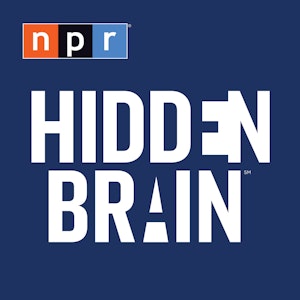Shankar Vedantam
Podcasts
Stories
-

Culture Wars And The Untold Story Of Lyndie B. Hawkins
In 2019, a novel by a new author, Gail Shepherd, arrived in bookstores. The True History of Lyndie B. Hawkins tells the story of a young white girl growing up in the South. The book has been well received, but it is not the book Shepherd intended to write. In her original drafts, Shepherd, a white author, created a Lyndie who was Vietnamese-American, and dealing with issues of race in the deep South. This week we look at what it means to be a storyteller in a time of caustic cultural debate and ask when, if ever, is it okay to tell a story that is not your own?
-
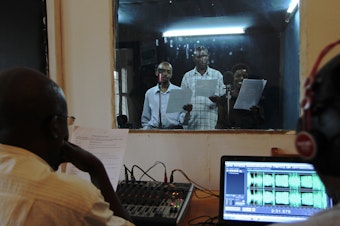
Romeo & Juliet In Rwanda: How A Soap Opera Sought To Change A Nation
How do you change someone's behavior? Most of us would point to education or persuasion. But what if the answer lies elsewhere? This week, we revisit a 2018 story about human nature and behavior change — a story that will take us on a journey from Budapest to the hills of Rwanda.
-
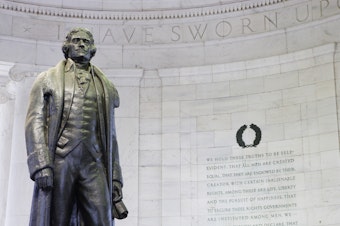
The Founding Contradiction: Thomas Jefferson's Stance On Slavery
"We hold these truths to be self-evident, that all men are created equal." These words, penned by Thomas Jefferson more than 240 years ago, continue to inspire many Americans. And yet they were written by a man who owned hundreds of slaves, and fathered six children by an enslaved woman. As we mark Independence Day this week, we return to a 2018 episode with Pulitzer Prize-winning historian Annette Gordon-Reed. We explore the contradictions in Jefferson's life — and how those contradictions might resonate in our own lives.
-
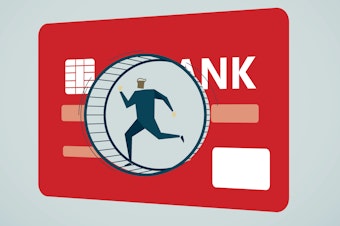
Buy, Borrow, Steal: How Debt Became The 'Sugar-Rush' Solution To Our Economic Woes
Policymakers have a tried-and-true game plan for jump-starting the economy in times of severe recession: Push stimulus packages and lower interest rates so Americans will borrow and spend. But economist Amir Sufi says the way we traditionally address a recession is deeply flawed. He argues that by encouraging "sugar-rush" solutions, the nation is putting poor and middle-class Americans and the entire economy at even greater risk. This week we look at the role of debt as a hidden driver of recessions, and how we might create a more stable system.
-
Graduating High School During A Recession Could Be A Good Thing, Study Finds
Recessions typically damage workers' long-term earnings. NPR's Hidden Brain podcast explains how a study found that students graduating from high school during a recession may be an exception.
-
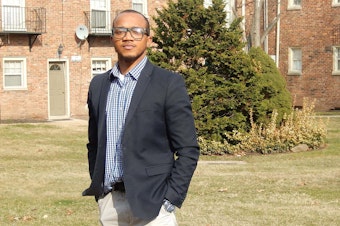
Rap on Trial: How An Aspiring Musician's Words Led To Prison Time
In the past few weeks, the nation has been gripped by protests against police brutality toward black and brown Americans. The enormous number of demonstrators may be new, but the biases they're protesting are not. In 2017, we looked at research on an alleged form of bias in the justice system. This week, we revisit that story, and explore how public perceptions of rap music may have played a role in the prosecution of a man named Olutosin Oduwole.
-
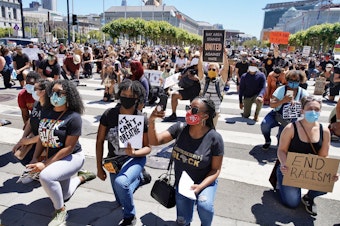
The Air We Breathe: Implicit Bias And Police Shootings
President Trump said this week that a few "bad apples" were to blame for police killings of black people. But research suggests that something more complicated is at play — a force that affects everyone in the culture, not just police officers. In this bonus episode, we revisit our 2017 look at implicit bias and how a culture of racism can infect us all.
-

Playing Favorites: When Kindness Toward Some Means Callousness Toward Others
If we do a favor for someone we know, we think we've done a good deed. What we don't tend to ask is: Who have we harmed by treating this person with more kindness than we show toward others? This week, in the second of our two-part series on moral decision-making, we consider how actions that come from a place of love can lead to a more unjust world.
-

Justifying The Means: What It Means To Treat All Suffering Equally
When we are asked to make a moral choice, many of us imagine it involves listening to our hearts. To that, philosopher Peter Singer says, "nonsense." Singer believes there are no moral absolutes, and that logic and calculation are better guides to moral behavior than feelings and intuitions. This week, we talk with Singer about why this approach is so hard to put into practice, and look at the hard moral choices presented by the COVID-19 pandemic.
-

The Time Machine: How Nostalgia Prepares Us For The Future
In recent months, many of us have looked back with longing at our lives before COVID-19. For many of us, that world was one of bustle and activity — marked by scenes of packed restaurants, crowded subway cars, and chaotic playgrounds. In this audio essay, Shankar discusses our wistfulness for the world before the pandemic, and why such nostalgia can actually help to orient us toward the future.
